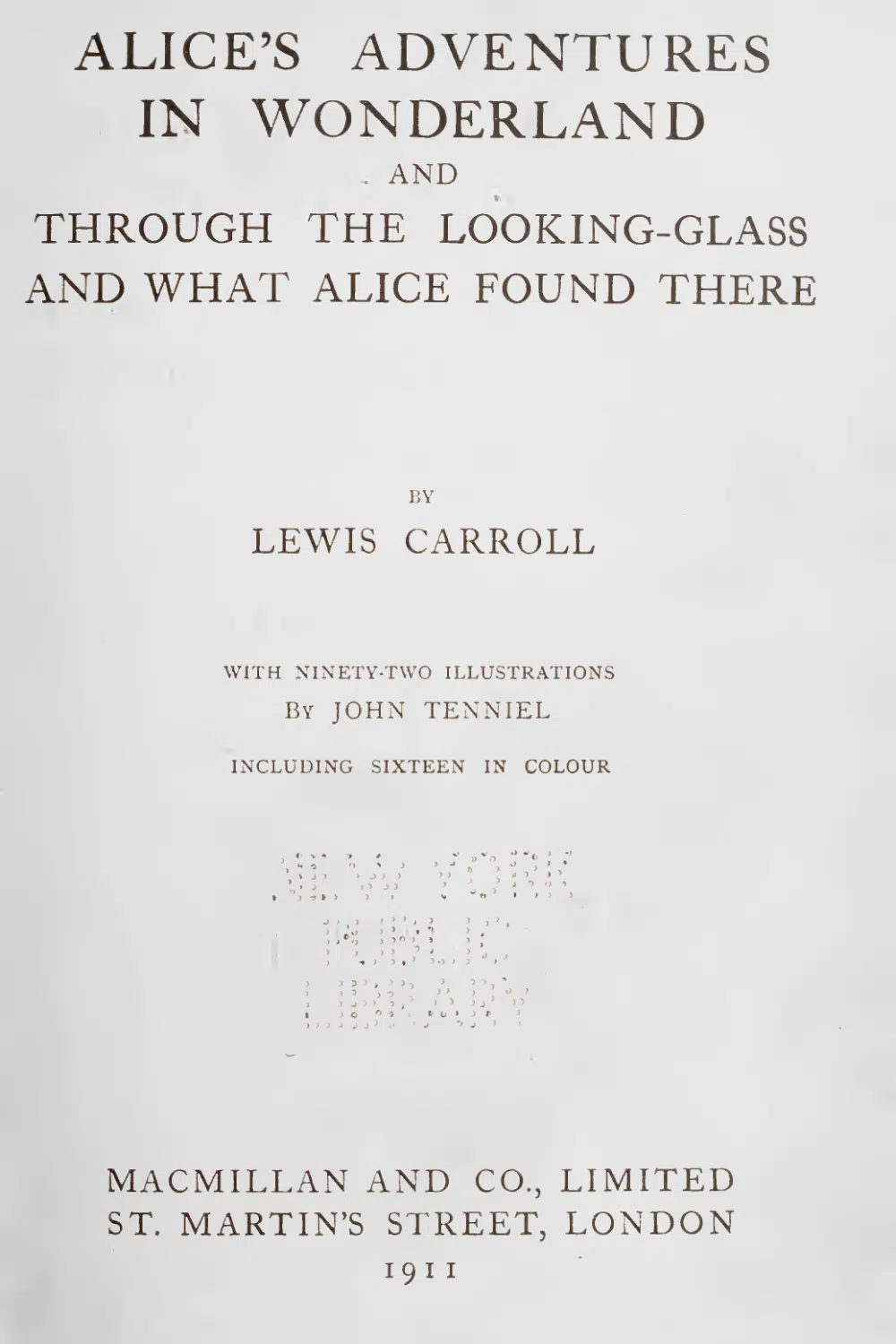Here’s one of the first editions (1911) of the book “Alice’s Adventures in Wonderland” by Lewis Carroll.
While the phrase Alice in Wonderland certainly needs no introduction, modern audiences may be thrilled and surprised to learn that the original adventure, Alice’s Adventures in Wonderland by Lewis Carroll, is an entirely separate beast from the well-known Disney franchise that may come to mind for audiences of the modern era.
The movie adaptations may capture some small sense of it, but Carroll’s novel truly is a ridiculous romp through someone’s wild fever dreams in the best of ways.
The ‘wonder’ has certainly made its way into every version, but the sense of humor is really at its most transparent in the original.
So if you want to get the entirety of the book and appreciate an accompanying introduction, then this article is for you.
Let’s get started!
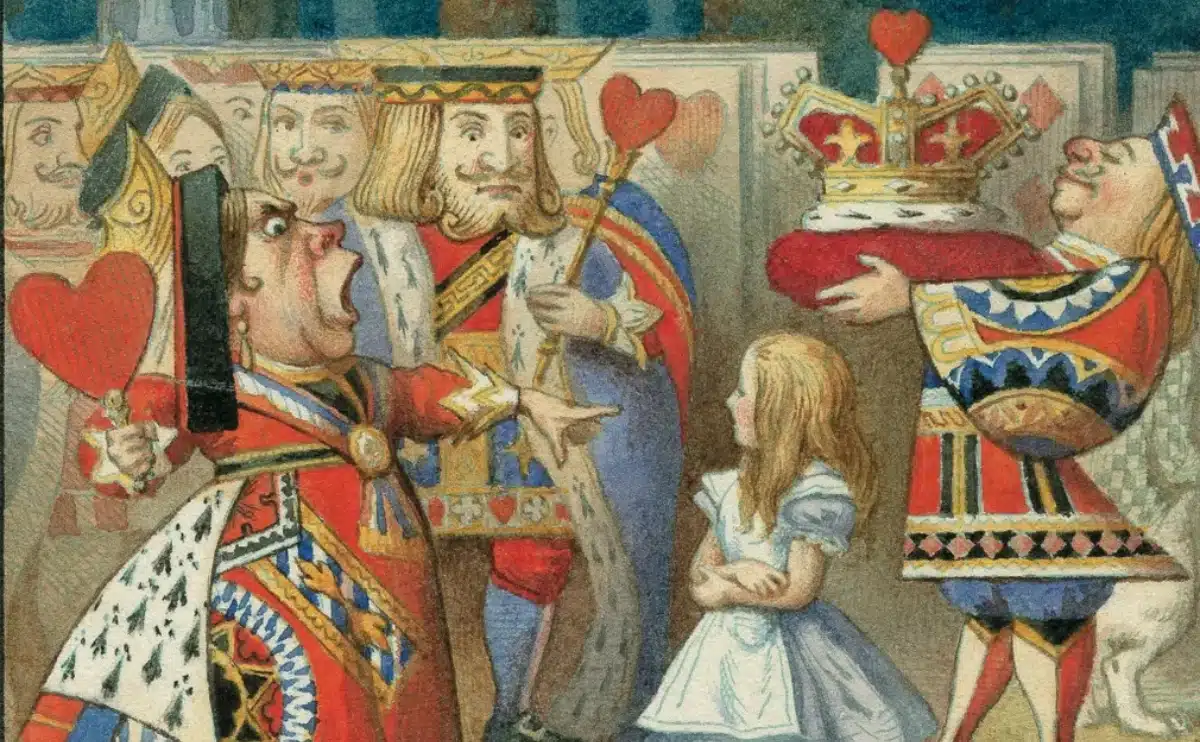
Surprisingly Highbrow Humor
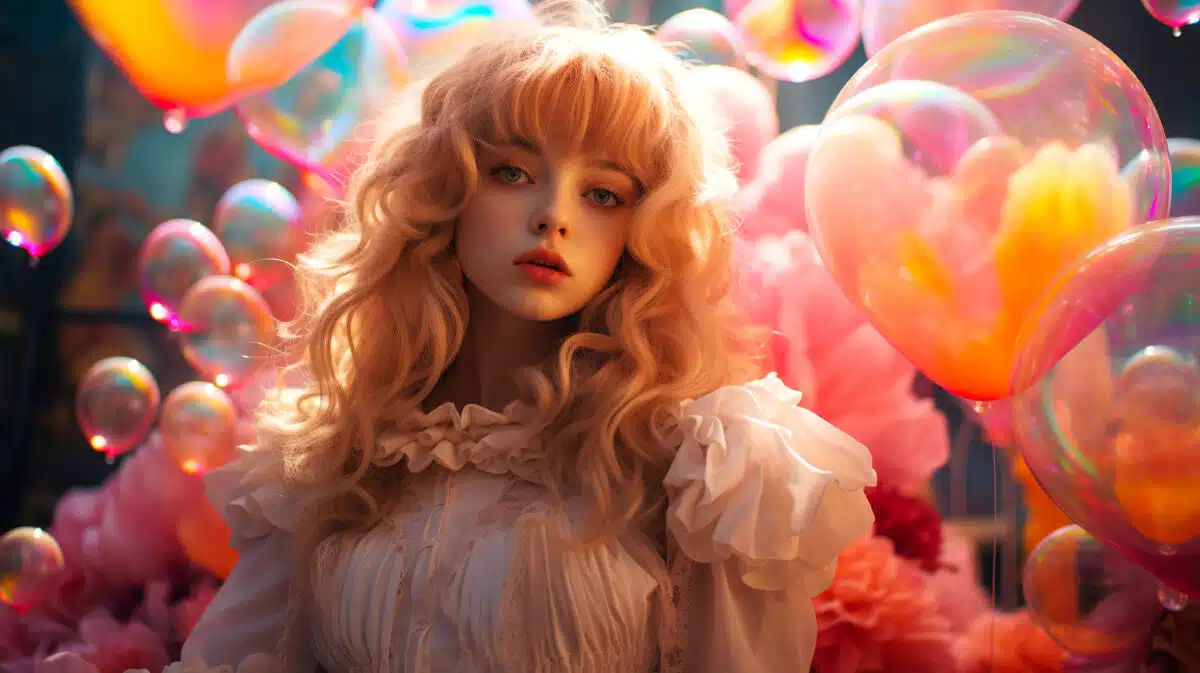
It’s important to remember that Carroll’s book does come to us from 1865, and as such the concept of ‘common knowledge’ will have changed quite a bit since then, but he did not shy away from jokes that are surprisingly advanced.
One of the most unusual of these jokes is Pat’s “digging for apples.”
While only a literal snippet of one scene, barely even noticeable to a modern audience, this is actually meant to be a double-language pun.
In French, pomme means apple while pomme de terre (literally “apple of the earth”) means potato.
Next came an angry voice—the Rabbit’s—“Pat! Pat! Where are you?”
And then a voice she had never heard before, “Sure then I’m here! Digging for apples, yer honour!”
“Digging for apples, indeed!” said the Rabbit angrily. “Here! Come and help me out of this!” (Sounds of more broken glass.)
The seeming absurdity of Pat “digging for apples” can be explained away by the realization that he’s actually digging for potatoes, the apples of the earth.
The book is rife with little in-jokes like this for language nerds, most of which (unsurprisingly) never made it to the silver screen.
Any time that you think a particular joke in the text might only be your imagination, remember that Lewis Carroll was both a novelist and a mathematician.
Don’t dismiss any joke, however obscure and scholarly, as being coincidental.
Eat or Be Eaten
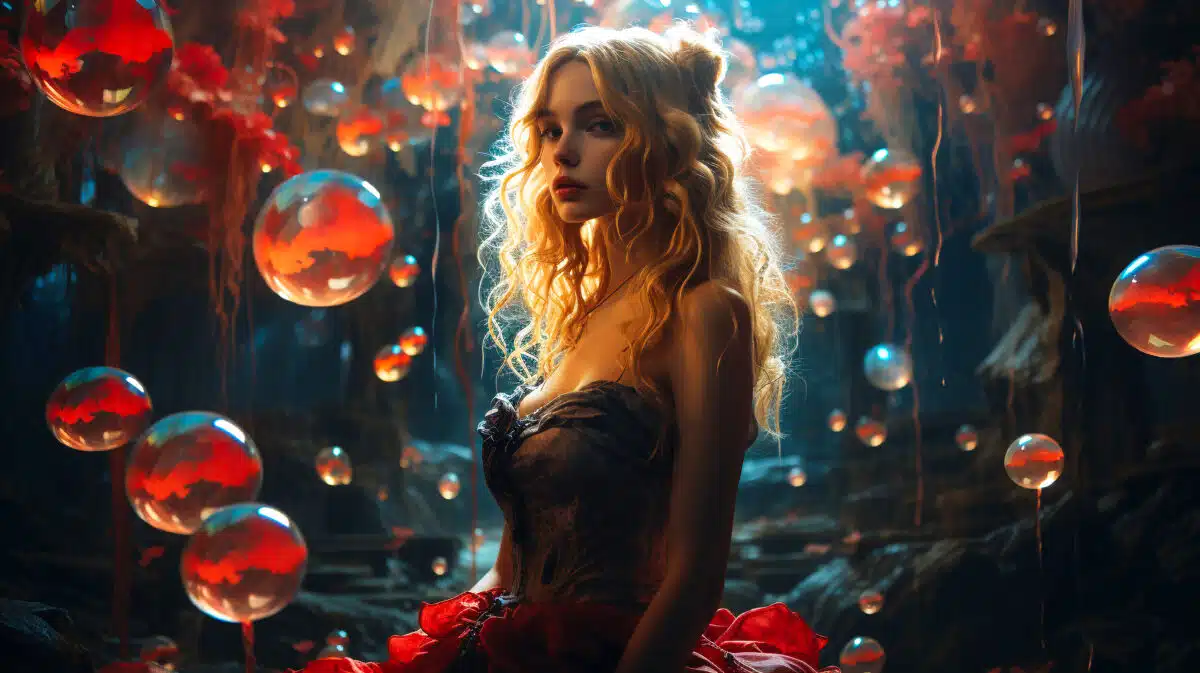
Brewing just under the surface is the constant and impending sense that Wonderland is an “eat or be eaten” world in both the figurative and, in some cases, quite literal sense.
There is an obsession with injecting food, drinks, and light jokes about eating anywhere they’ll fit, jamming them down the reader’s throat.
Whether it’s the queen’s tarts, the mad hatter’s tea, or the infamously magical drink and cake that allow Alice to change her size at will, there is food everywhere in the story.
Notably, Alice’s own position in the food chain of Wonderland is constantly changing.
Sometimes she can’t even convince a caterpillar to help her.
Other times she’s able to go toe to toe with a mad queen.
It’s never clear exactly how the power dynamics of Wonderland work exactly, due largely to how nonsensical Wonderland’s rules seem to be.
Alice noticed with some surprise that the pebbles were all turning into little cakes as they lay on the floor, and a bright idea came into her head.
“If I eat one of these cakes,” she thought, “it’s sure to make some change in my size; and as it can’t possibly make me larger, it must make me smaller, I suppose.”
In the above excerpt, Alice notes the presence of cakes somewhere they shouldn’t logically be (naturally) and assumes immediately that they’re guaranteed to have some effect on her size.
A logical-minded person would be quick to point out that this shouldn’t have been the correct assumption, but it is correct in Wonderland.
A lot of the magic present in Wonderland isn’t so much from how nothing makes sense, but how it all does make sense in a kind of backwards way.
Things don’t just happen for no reason, but the reasons are absurd and impossible.
If there’s a cake and the narrative has established that cake affects Alice’s size, then the logical answer is that eating the cake will affect the character’s size, whether it’s logical in the real world or not.
Wonderland does have rules it abides by, as evidenced by the apparent existence of a court system, but the rules function less like real law and more like a children’s game.
Imagination rules over logic and reason, sometimes in ways that are whimsical and impressive and at other times in ways that are horrific and unwieldy.
A Land of Games
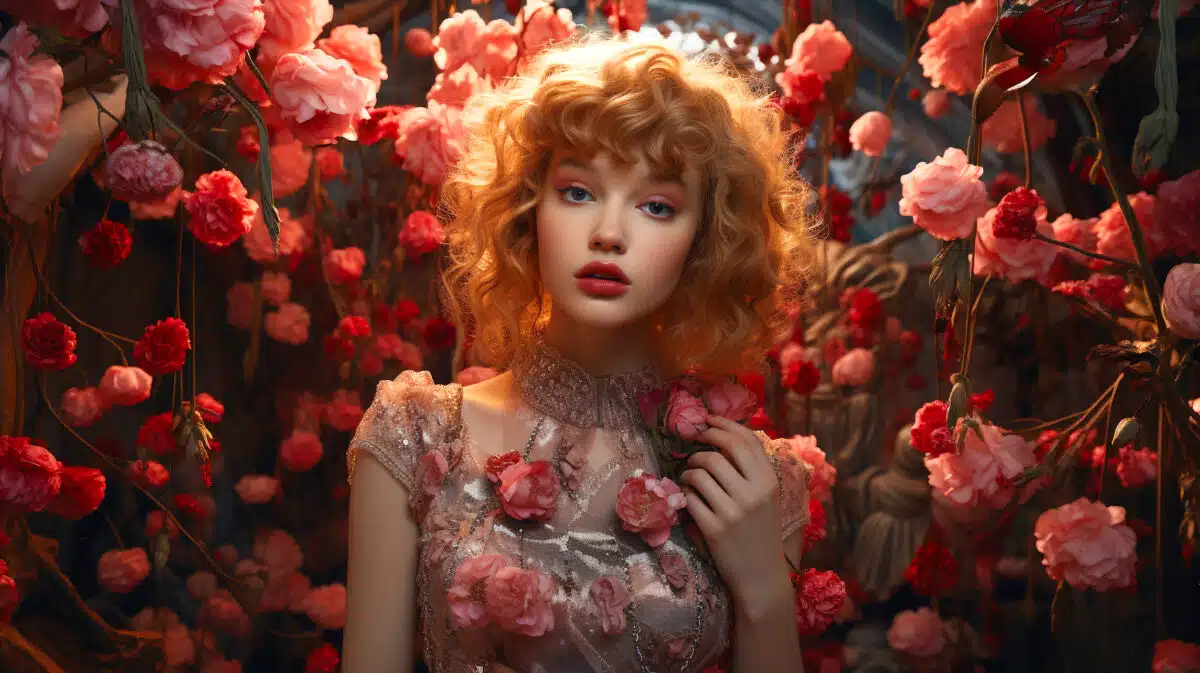
Being ostensibly a children’s world founded on imagination as the only guiding principle, Wonderland is of course obsessed with games.
Infectious games that only sort of make sense, like everything else in Wonderland.
This question the Dodo could not answer without a great deal of thought, and it sat for a long time with one finger pressed upon its forehead (the position in which you usually see Shakespeare, in the pictures of him), while the rest waited in silence.
At last the Dodo said, “Everybody has won, and all must have prizes.”
Above is the outcome to one of these “games,” the Dodo’s Caucus-race.
The rules of the game are so unclear, even to the one who suggested the race, that he ends up relenting and proclaiming every participant a victor.
This sense that the characters are playing everything by ear is a constant in Wonderland, almost to the point of being reassuring.
The only thing you can ever be sure of in this fantasy world is the uncertainty itself, but that’s half the fun.
The book goes on to be all about games from here on out.
A game of riddles at the Hatter’s tea party, croquet with the Queen of Hearts…even the climactic court case that the characters go through to wrap up the plot can be viewed as the characters pretending to be at a court case.
If you squint and look at all of Wonderland as a bunch of children playing pretend, it suddenly makes a lot more sense.
Should Modern Readers Read Alice’s Adventures in Wonderland?
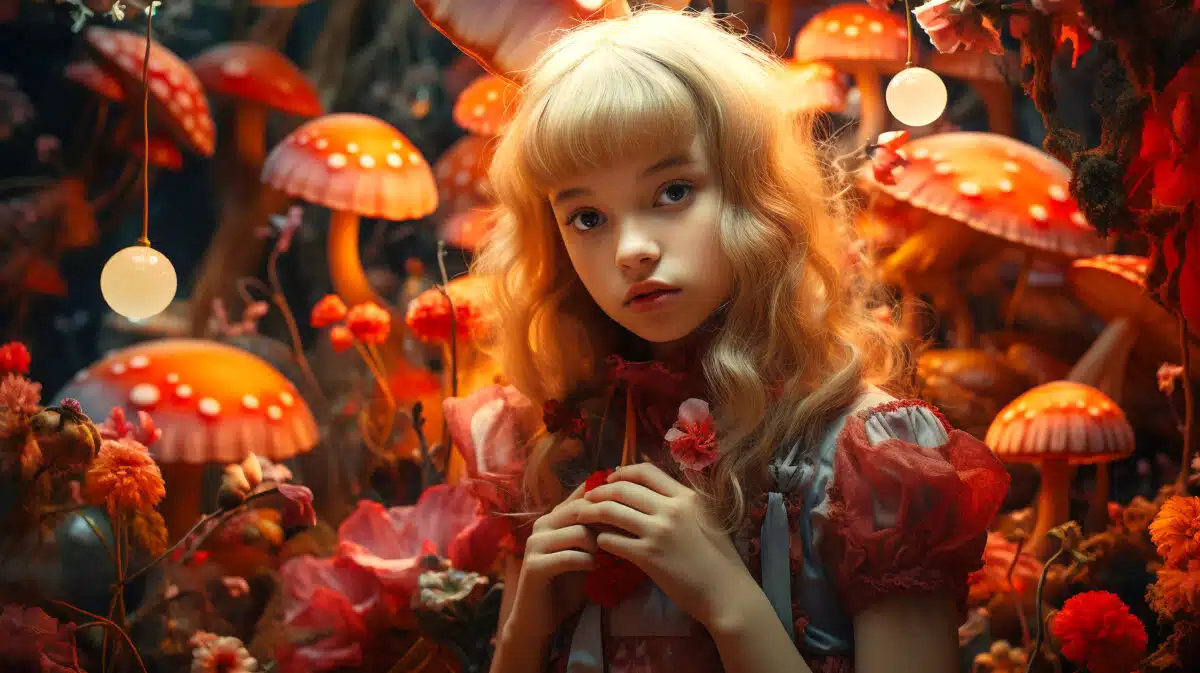
This question may seem ridiculous or even sacrilegious, but it’s a valid question.
With a popular full-length Disney movie to take its place in modern media, does the original book still have a place or is it too outdated and outmoded for our modern readers?
Well, I would argue that it is most certainly not outclassed by the works it inspired in the slightest, nor should you avoid it thinking that you’ve “already seen the movie.”
Just as there is dialogue and imagery unique to the Disney film, there are moments in the book that are wholly unique to the book.
Viewers of the Disney movie, do you recall the Mock Turtle or the Gryphon?
You most certainly don’t since they weren’t in it.
That’s not to say the movie doesn’t have any unique quirks of its own, like how it rips the talking flowers and Tweedledee and Tweedledum out of their respective places in the second novel, Through the Looking Glass, to toss them into the movie.
If you need a motivation to read the book, consider it an alternate timeline to one of your favorite classic animated films.
Lewis Carroll’s original jokes may not hit quite the same way for our generation as they did over a century ago (and some change), but the nonsensical weirdness of Wonderland is just as charming now as ever.
Not to mention, this book has a sequel.
If there’s ever been a surefire reason to read something, it should be because you won’t be able to enjoy what happens next without it.
Through the Looking Glass takes us back to the magical world of Wonderland, complete with more characters, more strangeness, and the nearly indescribable horrors of the Jabberwocky.
But that, of course, is a story for another day.

